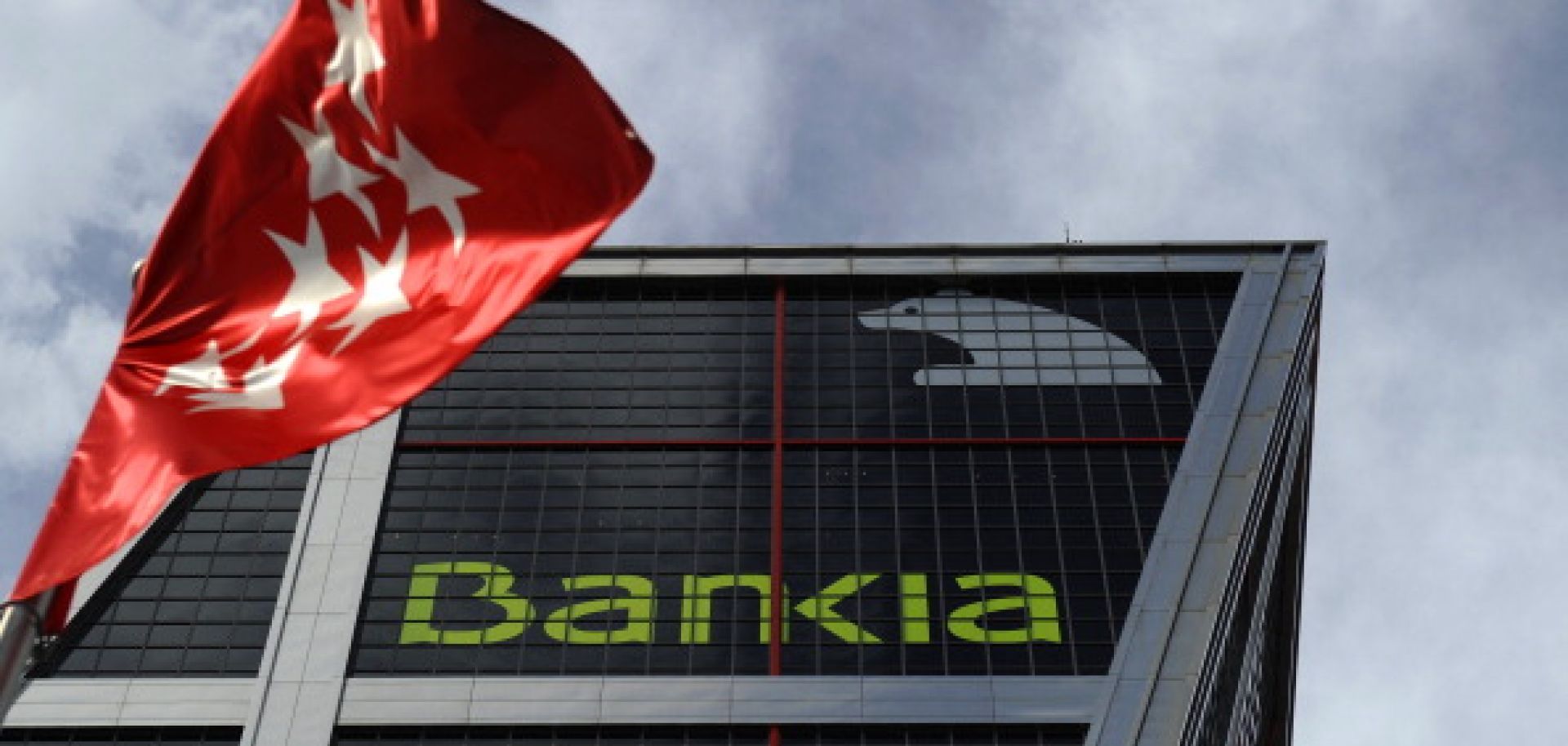ASSESSMENTS
Spain: Banking Crisis Reveals Need For EU Bailout
May 11, 2012 | 18:34 GMT

PIERRE-PHILIPPE MARCOU/AFP/Getty Images
Summary
Spain's Council of Ministers on May 11 announced a reform plan for the country's ailing banking sector. The plan calls for Spanish banks to further underwrite 35 billion euros worth of their non-performing loans, forcing them to isolate the harmful assets in designated holding companies commonly know as "bad banks." The plan also requires banks to hold up to 47 percent in provisions for credit losses. Perhaps most important, the government announced that it is prepared to offer financial assistance to banks that cannot meet the plan's requirements.
The reform plan follows the May 10 announcement that the government will rescue Bankia, Spain's fourth largest bank, by assuming a 45 percent stake in the company. Taken together, the two events indicate that the Spanish banking sector is unsustainable. Ultimately, the reforms will not sufficiently address Spain's pressing need for fresh capital in its banking sector. For its part, Bankia's rescue demonstrates how badly Madrid's banking schemes have failed.
The recent announcements show Madrid's realization that many Spanish banks will require a bailout to remain solvent. However, the government alone cannot shoulder the cost of a sector-wide rescue. Like some of its eurozone neighbors, Spain will have to seek assistance from the European Union.
Subscribe Now
SubscribeAlready have an account?
